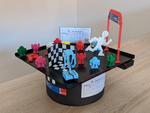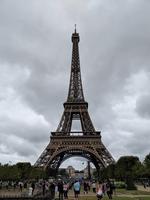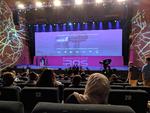Integrity and Collaboration in Dynamic Sensor Networks (i.c.sens)
My Role in this project
I was a PhD student and Research Assistant for the first cycle (three years) of this Research Training Group (RTG). During this time, I acted as the spokesperson of the PhD students.
Starting from Jul 1, 2020, I am the Postdoc of the RTG working on the topic of “Robust Collaborative SLAM”. Among other things, my responsibilities include guiding and supporting doctoral students of the second cycle.
Research Training Group (RTG)
A Research Training Group (RTG) is funded by the German Research Foundation (DFG) for up to nine years. First, funding is granted for 4.5 years, which can then be extended for another 4.5 years. The aim of a RTG is to train PhD students as researchers and prepare them for the job market in science and academics. In total, three cycles of PhD students, which are supposed to complete their theis within three years, are founded. In contrast to traditional doctoral programs, a RTG allows to focus on the actual research by provoding a structured training strategy.
Research focus
Our Research Training Group focuses on the integrity of collaborative systems in dynamic sensor networks. As autonomous systems become more and more important in daily life, a key question is how the safety of the interacting people can be ensured. One aspect to answer this question is that errors must be detected in time. This is a one of the two main concept of our RTG, namely “integrity”.
As the number of autonomous systems increases, we have to also take their coexistence into account, which allows and requires us to deal with their collaboration. For example, information from two cars observing the same intersection can be fused to create a more complete digital representation of this intersection. In addition, the two cars have to also be coordinated such that they do not collide. This represents the second main concept of our RTG, namely “collaboration”.
Within these two concepts, the main focus of our RTG lies on the state estimation of dynamic sensor networks (e.g. localization, map building, etc.). Here, we identified three main components, which comprise the research questions of the RTG:
- Observations: Information gathered by the sensors, which allow us to assess the state of our system at distinct points in time,
- Methodology: Interpretation of the observations using system models,
- Map: Model of the environment that is composed of the previously gathered and processed information.
More information can be found on this website.
More information on my research topic within this RTG can be found here.






